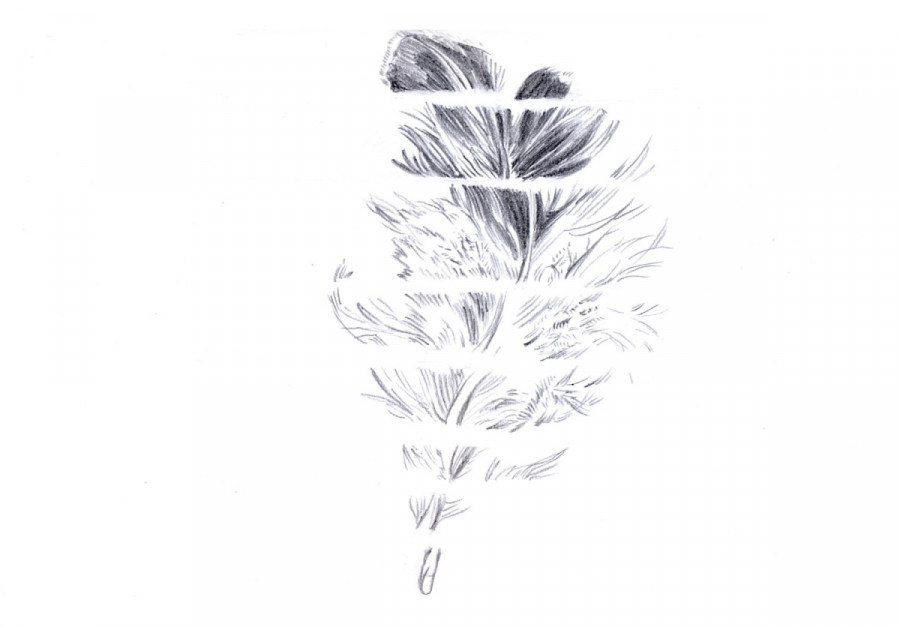Editorial: We Need a Real Plan to Help Indigenous Women
For a while—nine years actually—we thought the numbers would eventually hit the federal government, shock them into a call for answers and solutions. Then in May, the RCMP released a sweeping report. With numbers.
The first national overview of missing and murdered indigenous women confirmed what activists have been saying for years: that indigenous women are overrepresented among Canada’s murdered and missing women.
For the ninth consecutive year, hundreds took to Montreal’s streets on Saturday to commemorate the lives of missing and murdered Aboriginal women and to demand a national inquiry into the violence.
A recent report on the topic found that indigenous women make up 4.3 per cent of Canada’s female population, but account for 16 per cent of female homicides and 11.3 per cent of missing women.
Those weren’t the conclusions of a far-left organization, nor were they hyperbole by fringe anti-colonial activists. They are the findings of a RCMP report released in May.
And still, the plea remains blatantly unheard by the federal government.
Prime Minister Stephen Harper has suggested that the violence against Aboriginal women should be seen as “crime” and tackled through police investigations, not a national inquiry. In other words, the federal government sees the cases of the 1,017 Aboriginal women
murdered since 1980 as distinct from one another.
But they’re actually part of an undeniable pattern. Aboriginal women are three times more likely than non-Aboriginal women to be the victims of violence, according to a 2009 Statistics Canada survey.
The poverty faced by many indigenous communities has left Aboriginal women particularly vulnerable to exploitation and violence. Racism and sexism have denied Aboriginal women the respect they deserve and allowed both the provincial and federal governments to get away with allocating insufficient resources to tackling the issue.
Prior to a meeting of provincial and territorial leaders in August, Saskatchewan Premier Brad Wall—who agrees that there should be a national inquiry—noted that 29 reports and studies have been written on the issue so far, making some 500 recommendations. And yet the government hasn’t attempted to solve the problem, and the violence continues.
To end the violence, we need a national, coordinated action plan bringing together police agencies, governments and Aboriginal groups. The first step in elaborating such an action plan is to hold a national inquiry that will compel witnesses.
Tackling the issue also requires introspection on the part of Canada’s non-native population.
The Aboriginal identity taught to non-native children is light, innocuous and whitewashed.
We’ve learned to think of colonization as being in the distant past, irrelevant to the contemporary social context. But the last residential school was shut down in 1996, when most of our earliest memories date back to.




_600_375_90_s_c1.jpg)
1_600_375_90_s_c1.jpg)
_600_375_90_s_c1.JPG)
3_600_375_90_s_c1.jpg)